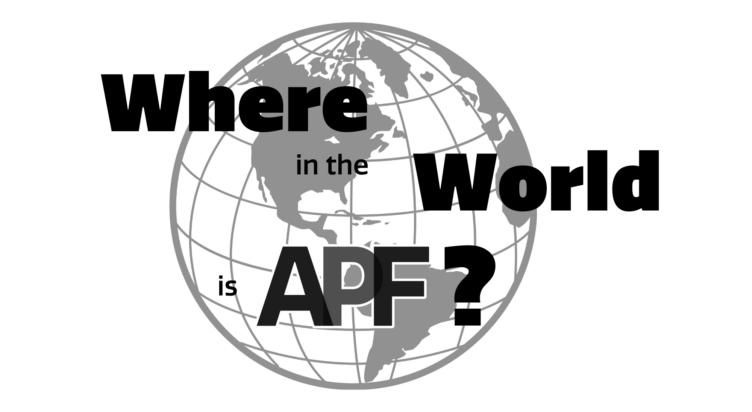Publication Spotlight: Dr. Jose Yong

At APF, our mission is to invest in innovative research and applications that prioritize people and their wellbeing. We believe that every research project we fund has the potential to advance the field of psychology and meaningfully impact peoples’ lives.
We’re proud to showcase the success of APF-funded research through our Publication Spotlight. The journey from initial research to publication is a major achievement, representing years of hard work and dedication. These publications mark significant milestones in our recipients’ careers and highlight the impact of APF’s support.
Each publication that has been supported by APF represents a step forward in our mission. From receiving initial APF funding to sharing these important findings with the world, these projects will shape future research, guide best practices and inform policy, allowing psychology to broaden its impact on the world.

Dr. Jose Yong (He/Him)
2019 Henry P. David Research Grant
“The Interactive Effects of Psychological and Sociological Factors Underlying Within-Country and Between- Country Mating and Reproductive Outcomes”
Article
“Income and Sex Moderate the Association Between Population Density and Reproduction: A Multilevel Analysis of Life History Strategies Across 23 Nations”
Journal
Archives of Sexual Behavior
Abstract
While previous studies guided by evolutionary life history theory have revealed several important socioecological moderators of the influence of population density (PD) on reproduction, absent is an understanding of how individual-level factors such as personal resources and sex differences might interact and play a role. Using data from a large sample of clients (N = 4,432,440) of an online dating company spanning 317 states nested within 23 countries, we contributed a robust multilevel analysis of life history effects by assessing the interaction between state-level PD and individual-level income on offspring quantity, and we further qualified this analysis by sex. Consistent with previous research, PD was negatively correlated with having children. Consistent with our novel hypotheses, this negative relationship was moderated by income such that the link between PD and low fertility became weaker with increasing levels of income and these patterns were stronger for men than for women. These results held despite controlling for a variety of country-level, state-level, and individual-level confounds. Findings are discussed together with theoretical and practical implications for the management of fertility based on evolutionary life history perspectives.
Yong, J.C., Lim, C.H., Jonason, P.K. et al. Income and Sex Moderate the Association Between Population Density and Reproduction: A Multilevel Analysis of Life History Strategies Across 23 Nations. Arch Sex Behav (2024). https://doi.org/10.1007/s10508-024-02955-w
Has your APF-funded research been published? Let us know here!
Want to contribute to projects like this and create impact with psychology? Donate to APF today!
Topics: Publication Spotlight
Discover More

Where in the World is APF with Dr. Laura Taylor
Welcome to “Where in the World is APF”, our recipient highlight series where we catch up with our grant, scholarship, and award recipients all over …

Where in the World is APF with Elana Israel
Welcome to “Where in the World is APF”, our recipient highlight series where we catch up with our grant, scholarship, and award recipients all over …

Where in the World is APF with Dr. Nicole Short
Welcome to “Where in the World is APF”, our recipient highlight series where we catch up with our grant, scholarship, and award recipients all over …
